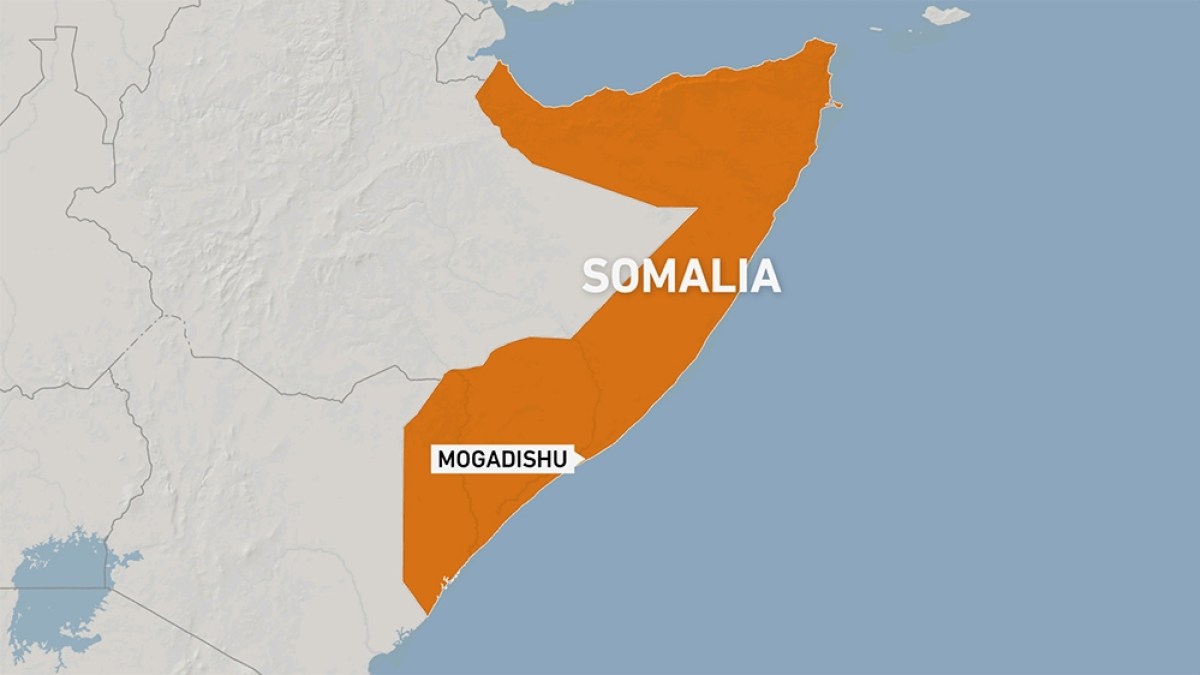Conditional assurance for EU negotiations
The meeting between Foreign Minister Abdullah Gul and the EU Troika came amid Ankara’s intensified efforts to fulfill the membership conditions of the EU and to find a solution in Cyprus. Both processes are facing a tight deadline; in December, the EU leaders will decide whether or not to open accession talks with EU hopeful Turkey and as for Cyprus, time ticks down to May 1, when the island is set to join the EU.
After a 4.5-hour discussion in the historical Ankara Palas, Gul and his Irish and Dutch counterparts, as well as the EU’s enlargement and common foreign and security policy commissioners, all making up the Troika, talked to a press audience who came to hear what the EU had to say on Turkish membership and the Cyprus talks.
Two main questions were whether the EU Commission was still determined to give Turkey a fair and objective assessment on its progress toward meeting the Copenhagen criteria in its annual progress report to be released in the autumn and what formula the EU had to "accommodate" the terms of a Cyprus agreement in its laws in the form of derogations.
The main conclusions from Monday’s Troika talks are as follows:
Firmness: Talks will start, if Turkey meets criteria
EU foreign ministers and commissioners spoke in clear terms that Turkey would get the go-ahead to start accession talks in December 2004 summit provided that it fulfills all the membership criteria.
That assurance came against a background of remarks by Frits Bolkestein, one of the 20 members of the EU Commission from the Netherlands, that Turkey should be kept out of the EU as a buffer protecting the EU from Syria, Iran and Iraq.
Declining to comment on Bolkestein’s controversial remarks, Verheugen said the Commission’s assessment on Turkey’s efforts would be a "fair" one based on "facts."
Turkey, a candidate since 1999, has remained the sole candidate country that has not yet opened accession talks with the EU. Turkish leaders have warned that the country may think of alternative policies if the December summit fails to give the go-ahead for talks.
Uncertainty: Derogations
In response to persistent questions from the press, both Gul and the EU Troika members came up with vague statements as to what formula would be adopted to successfully accommodate terms of an agreement between two Cypriot sides into the EU norms and regulations, in other words, the issue of "derogations."
The Turkish side insists that the terms of the deal reached between Turkish and Greek Cypriot sides which are not in-line with existing EU norms should be included in the EU’s primary laws as derogations. In this way, these terms will not be challenged through court actions in the future.
But for this to happen, all these derogations should be ratified in national Parliaments of the EU countries.
As the search for an acceptable formula is still underway, Turkish and EU officials did not say how the issue would be sorted out given the tight time schedule of the island’s accession into the EU.
The EU side tried to ease Turkey’s concerns, saying that the Turkish side’s requirments were being taken into consideration and that a technical solution was possible. Whether Enlargement Commissioner Guenter Verheugen’s prediction that there will be few derogations is welcomed in Ankara is another uncertainty.
Pause: KONGRA-GEL’s status
The Troika officials simply paused when they were asked whether the EU was to include the KONGRA-GEL, the newest offshoot of the terrorist Kurdistan Workers’ Party (PKK), in its list of terrorist organizations. The EU is set to revise its list in the coming months.
Irish and Dutch ministers said perhaps Common Foreign and Security Policy Commissioner Javier Solana should respond to the question. But Solana joined them in declining to comment.



